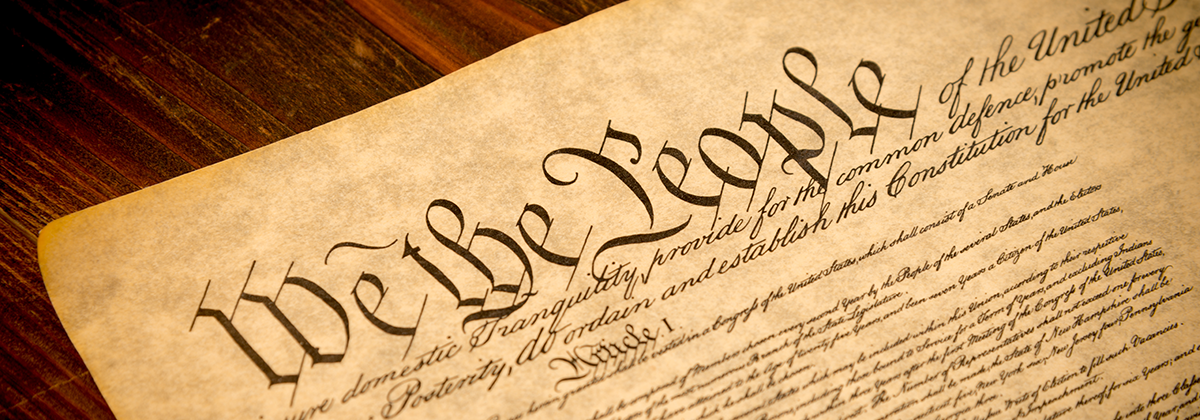Ever wonder where all the laws governing our elections are found? I know what the Constitution says, but what about U.S. Law? Let’s make sense of it all. With AI’s (1) help, I researched this topic to organize these laws and statutes in my mind.
The national laws governing presidential elections are primarily based on the U.S. Constitution, federal statutes, and the Electoral Count Act. Here are the fundamental laws and frameworks:
The U.S. Constitution
The Constitution is the foundational document for presidential elections. Key sections include:
Article II, Section 1: Establishes the basic requirements for a president and delegates authority to each state to choose its electors.
12th Amendment: Clarifies the Electoral College voting process and separates the ballots for president and vice president.
20th Amendment: Sets the presidential inauguration date as January 20.
22nd Amendment: Limits a president to two terms.
23rd Amendment: Grants electoral votes to Washington, D.C.
Federal Election Laws
Title 3 of the U.S. Code: Contains several laws governing the Electoral College, including the timing of electors’ votes, procedures for counting, and guidelines for handling contested results.
Electoral Count Act of 1887 (revised in 2022): Provides a timeline and legal framework for counting Electoral College votes and resolving disputes over state certifications. It aims to clarify the role of Congress in certifying election results.
Federal Voting Rights Legislation
Voting Rights Act of 1965: Prohibits racial discrimination in voting and applies to presidential elections, particularly in states with a history of discriminatory practices.
Help America Vote Act of 2002 (HAVA): Provides federal standards for voting equipment, voter registration databases, and election administration, ensuring accessibility and reducing voter fraud.
Election Day and Elector Selection
2 U.S.C. § 1 & 3 U.S.C. § 1: Establish the Tuesday after the first Monday in November as Election Day for federal offices, including the presidency. States must appoint electors on this day.
3 U.S.C. § 7: Specifies that electors meet on the first Monday after the second Wednesday in December to cast their votes for president and vice president.
Role of the National Archives and Congress
Certification and Transmission: The results are sent to Congress and the National Archives once electors vote.
Congressional Certification: Congress convenes on January 6 in a joint session to count the electoral votes. If no candidate receives a majority, the House of Representatives elects the president, with each state delegation casting one vote (under the 12th Amendment).
It’s important to note that each state has its own rules for voter registration, ballot access, and voting methods, provided they comply with federal laws.
I hope this framework is as helpful to you as it has been to me to view the Constitution, federal statutes, and procedures that govern our election process. Let’s vote!
This is Common Sense Civics and Citizenship.🇺🇸
Join the Conversation! https://www.facebook.com/commonsensecivics

